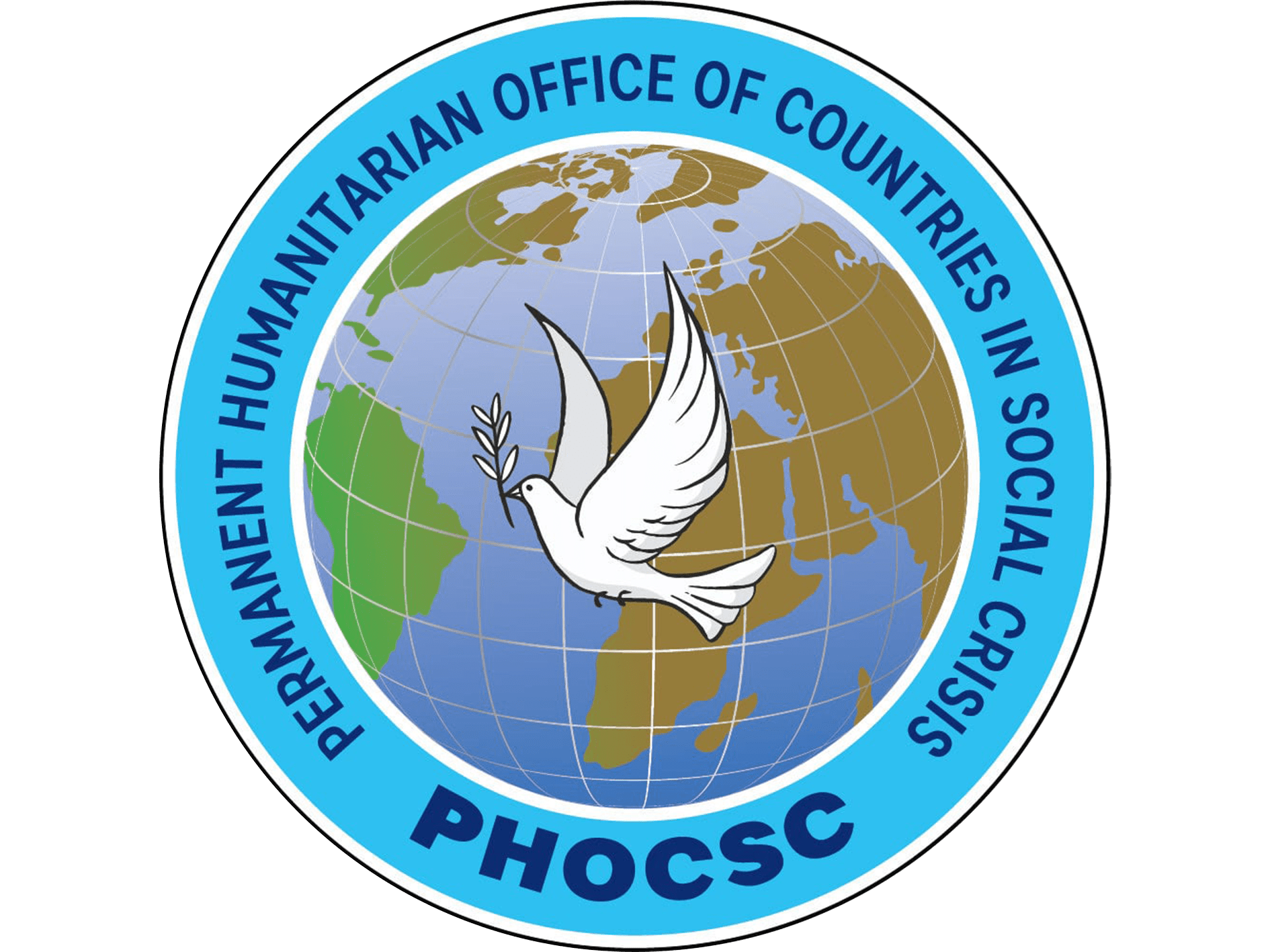Humanitarian assistance is a vital response to social crises affecting communities around the world. From armed conflict to natural disasters, many people find themselves in situations of extreme vulnerability. However, individuals and communities often want to help, but are unsure of how to do so. In this article, we will explore practical ways you can get involved and make a meaningful difference.
- Get Informed About Current Crises
Before you can help, it is essential to understand the crises that are occurring. Research social and humanitarian issues in different parts of the world. Sources such as non-governmental organizations (NGOs), reliable media outlets, and academic publications can provide you with up-to-date and objective information. By understanding the realities faced by affected communities, you will be better prepared to offer meaningful assistance.
- Donate to Trustworthy Organizations
One of the most effective ways to help is through donations. Research and select reputable organizations, such as the Permanent Humanitarian Office of Countries in Social Crisis (PHOCSC), which works tirelessly to provide assistance to those who need it most. Consider donating cash, as this is often more flexible, allowing organizations to use resources where they are most needed. You can also contribute donations of equipment, clothing, or food, depending on the situation.
- Get Involved as a Volunteer
Volunteerism is a great way to contribute. Many organizations are looking for people willing to offer their time and skills. You can get involved in tasks such as food distribution, medical assistance, education, community development, or awareness-raising activities. Make sure you get adequate training so you can provide the necessary help effectively and respectfully.
- Organize Awareness Campaigns
Awareness is key to mobilizing resources and support. Organize events or activities in your community to raise awareness about crises affecting other parts of the world. You can organize talks, documentary screenings, or exhibitions to educate others about the realities that many people are experiencing. Connecting more people to the cause can create a ripple effect on humanitarian assistance.
- Raise Funds
If you have skills in organizing events, consider holding a fundraising campaign. This can include marathons, garage sales, or sporting events. The key is to promote the cause and explain how the funds raised will be used to help those in crisis. Offering incentives for donors can also motivate more people to participate.
- Use Social Media
Social media is a powerful tool to increase the visibility of humanitarian crises. Share information, articles, and updates about the relief efforts of organizations like PHOCSC. You can use your platforms to spread messages of support, raise funds, or simply inform your followers about how they can help. The virality of social media can quickly generate significant interest.
- Advocate for Fair Policies
Sustainable change often comes from pressure at the political level. Get involved in advocacy and promotion of policies that address the causes of social crises. You can write letters to your local representatives, sign petitions, or even participate in demonstrations to demand change. The more individual voices are aligned towards a cause, the more likely they are to be heard.
- Stay Committed
Humanitarian assistance is not a one-time effort, but an ongoing commitment. Stay informed, up-to-date, and willing to help over time. As you learn more and engage with communities in need, your impact can grow. Share your experiences and encourage others to join you in the cause.
We can all play a role in improving the living conditions of those facing humanitarian crises. From getting informed and donating to volunteering and advocating for change, there are multiple ways you and your community can make a difference. At the Permanent Humanitarian Office of Countries in Social Crisis (PHOCSC), we believe that collaboration and collective commitment are essential to creating a positive impact. Together, we can work towards a more just and humane world.













